Much has been written, discussed and studied around the common links between substance abuse and mental health. Long before scholars debated the actuality of such connections and scientific studies were first conducted on the subject, there was a pervasive anecdotal awareness that people struggling with addiction had a likelihood of experiencing additional forms of mental illness. You can see this in literature dating back to Shakespeare (and beyond): in Macbeth, the Bard makes direct connections between the addiction the titular character develops to power, and his spiraling descent into madness.
Substance abuse is, in fact, its own form of mental illness. As the National Institute of Mental Health puts it: Substance use disorder changes normal desires and priorities. It changes normal behaviors and interferes with the ability to work, go to school and to have good relationships with friends and family. In 2014, 20.2 million adults in the U.S. had a substance use disorder and 7.9 million had both a substance use disorder and another mental illness… Having two illnesses at the same time is known as “comorbidity” and it can make treating each disorder more difficult.
Co-occurring disorders (also referred to as comorbidity as above, COD when abbreviated, or dual diagnosis) is a term used when someone experiences a mental illness and substance use disorder simultaneously. Either disorder—substance use or mental illness—can develop first. People experiencing a mental health condition may turn to alcohol or other drugs as a form of self-medication in an attempt to improve the negative mental health symptoms they experience. At the individual level, COD exists “when at least one disorder of each type can be established independent of the other and is not simply a cluster of symptoms resulting from a single disorder”. However, research shows that alcohol and other drugs worsen the symptoms of mental illnesses, creating a downward spiral that the individual struggles to recover from.
12-Step Recovery and Co-Occurring Disorders
Research has established that 12-step programs are highly effective in treating individuals suffering from substance abuse. However, given the high levels of overlap between people with substance use disorder and other mental illnesses, scientific research has explored the question of whether this efficacy remains intact when treating the dually diagnosed.
For patients who have a co-occurring psychiatric disorder, particularly if the other psychiatric disorder is debilitating—such as major depressive disorder or psychotic disorders— studies have shown that participation in 12-step mutual-help organizations that focus on both severe mental illness & addiction are associated with significantly more positive outcomes than those who do not attend any 12-step program.
In a 2014 study conducted on mental illness and substance abuse, researchers tested the added clinical benefit of proactively facilitating participation by adopting a 12-step treatment for patients with a co-occurring alcohol use disorder and severe mental illness, including bipolar disorder, major depressive disorder, or psychotic disorder, who were attending outpatient treatment.
At the end of the study, the definitive clinical findings on the positive impact of 12-step treatment for the dually diagnosed were significant.
Compared to control patients, patients treated with the added 12-step model:
- Were more likely to independently attend a 12-step meeting post-study (66% vs. 30%), including traditional 12-step meetings, such as AA
- Attended a higher number of 12-step meetings after treatment (11 vs. 3 percent days attending a meeting)
- Reported greater levels of 12-step activities/beliefs both during treatment and at 9-month follow-up
- Reported statistically lower rates of relapse at six, nine, twelve, and 18 month periods post-treatment.
This evidence makes it clear how important 12-step programs are to those suffering from co-occurring addiction & severe psychiatric disorder.
Integrated 12-Step Treatment For The Dually Diagnosed
Co-occurring disorders come with many warning signs, both behavioral and habitual, including:
- Withdrawal from friends and family
- Sudden changes in behavior
- Using substances under dangerous conditions
- Engaging in risky behaviors
- Loss of control over the use of substances
- Developing a high tolerance and withdrawal symptoms
- Feeling like they/you need a drug to be able to function
If an individual has experienced any of the above symptoms, they may be suffering from substance use disorder, mental illness, or both, and should seek a diagnosis and rapid intervention. In this case, it is imperative to be treated by a center that is equipped to handle the complex needs of a dually diagnosed individual.
People with co-occurring disorders are best served through an integrated treatment model. The Integrated Dual Diagnosis Treatment model is an evidence-based practice that improves the quality of life for people with co-occurring severe mental illness and substance use disorders by combining substance abuse services with mental health services. Furthermore, evidence demonstrates that the efficacy of this treatment path is enhanced by incorporating 12-step practices.
Though the struggles of individuals with both substance use disorder and mental illness can feel extremely daunting, there are ways that these twin challenges can be effectively and compassionately addressed. With a clinical diagnosis, an evidence-based and integrated treatment plan tailored to the needs of the individual and a foundation in 12-step practices, health can be restored, and the outcome can be life-altering.
Turning Point of Tampa’s goal is to always provide a safe environment and a solid foundation in 12-Step recovery, in tandem with quality individual therapy and groups. We have been offering Licensed Residential Treatment for Substance Abuse, Eating Disorders and Dual Diagnosis in Tampa since 1987.


